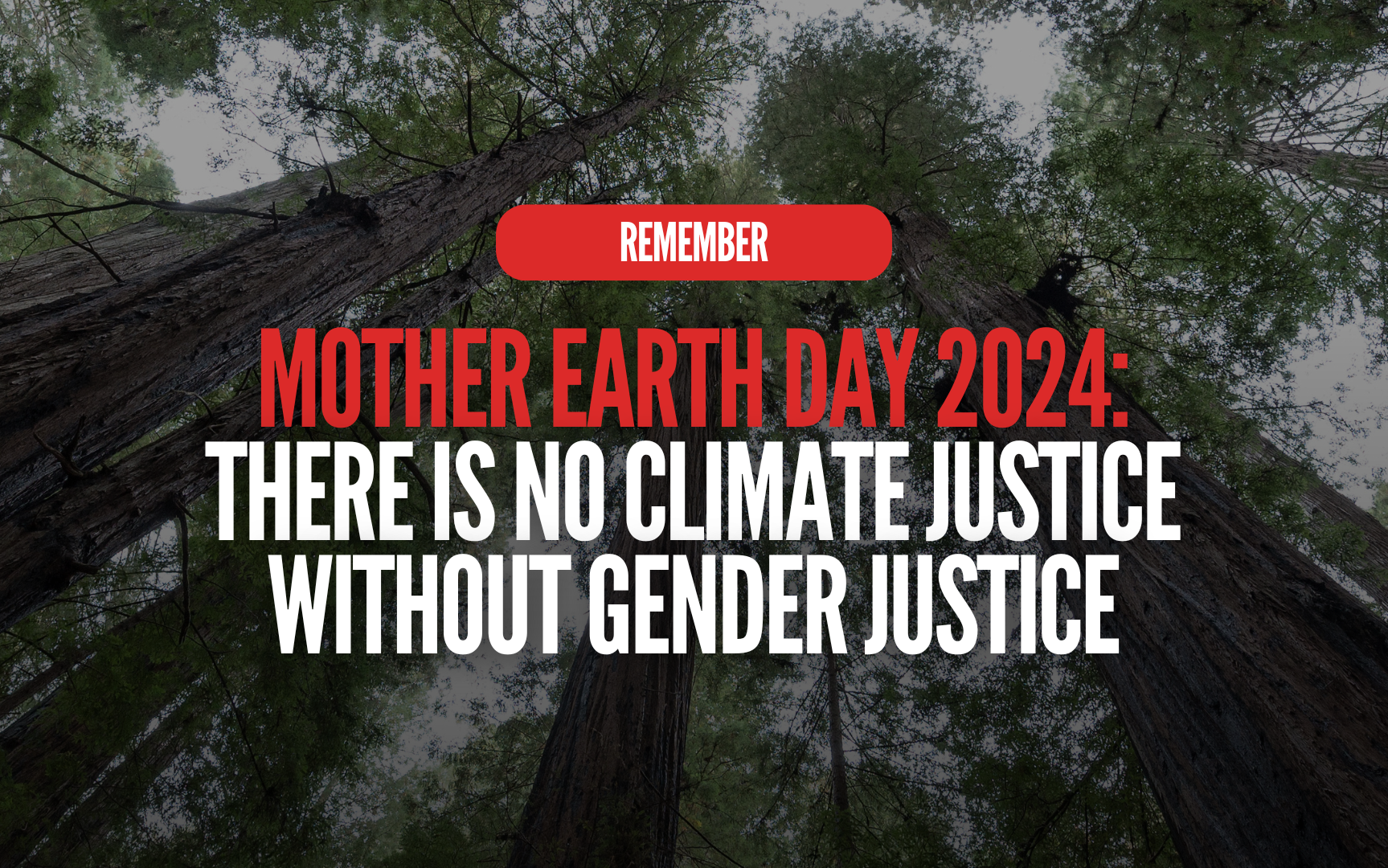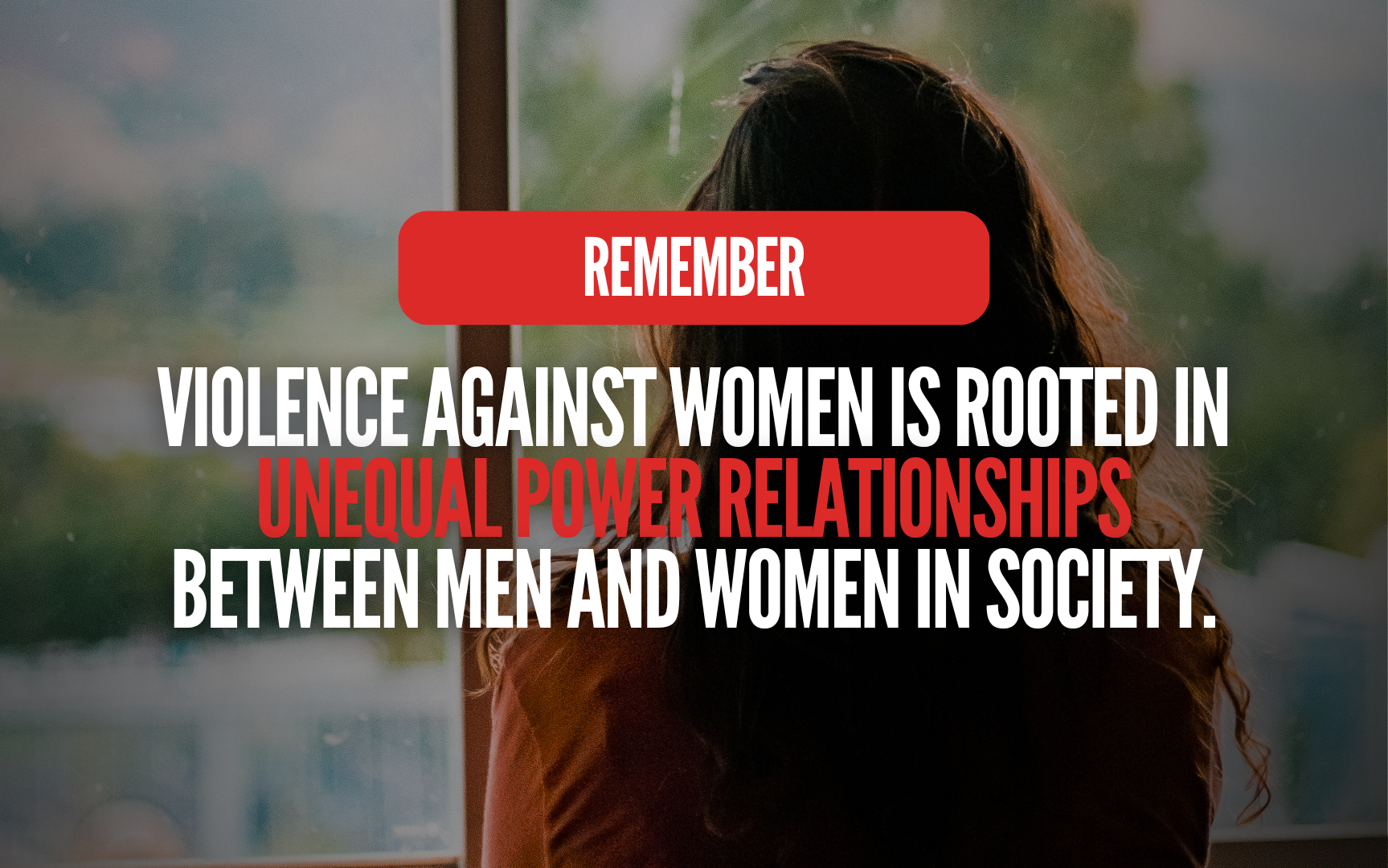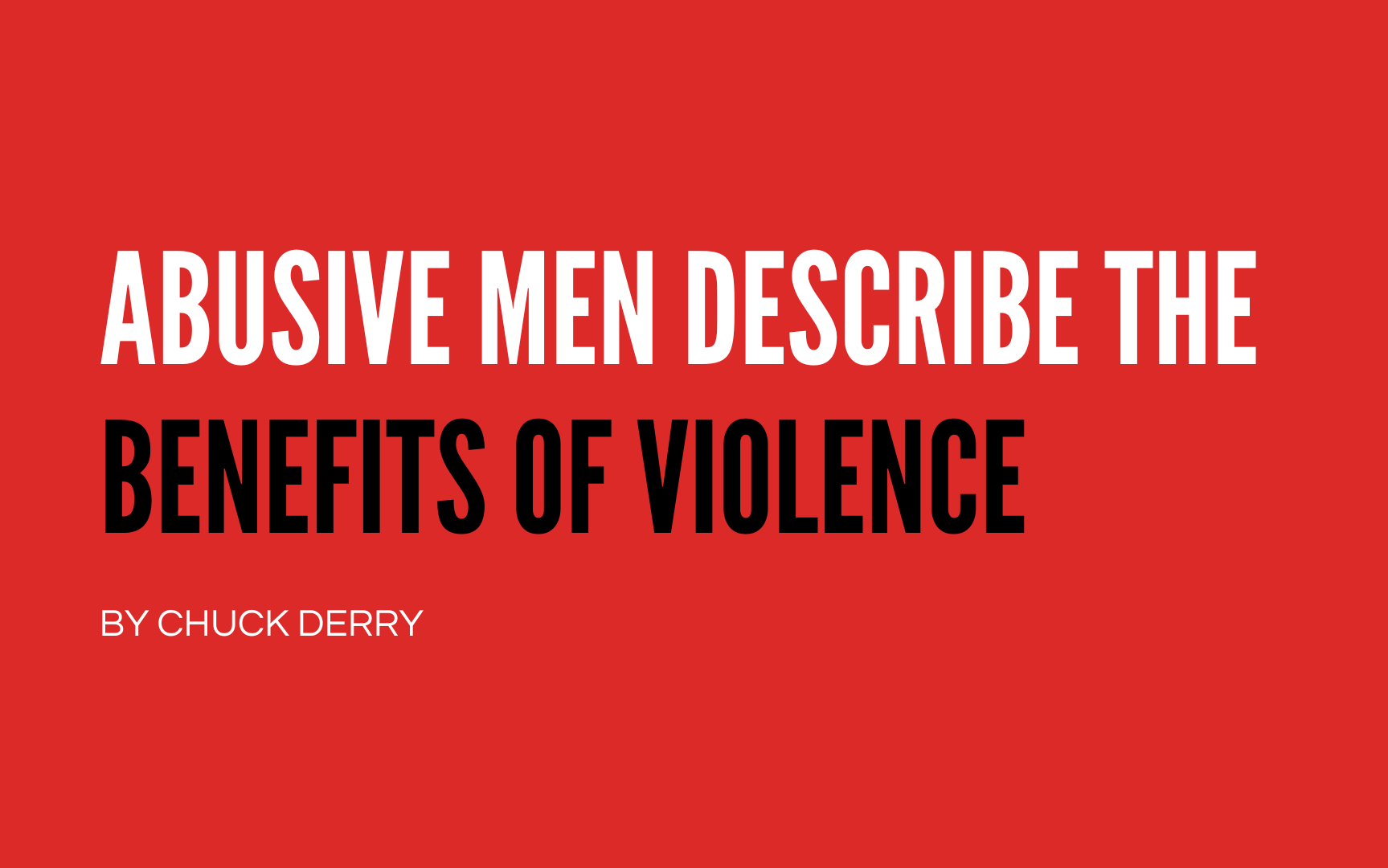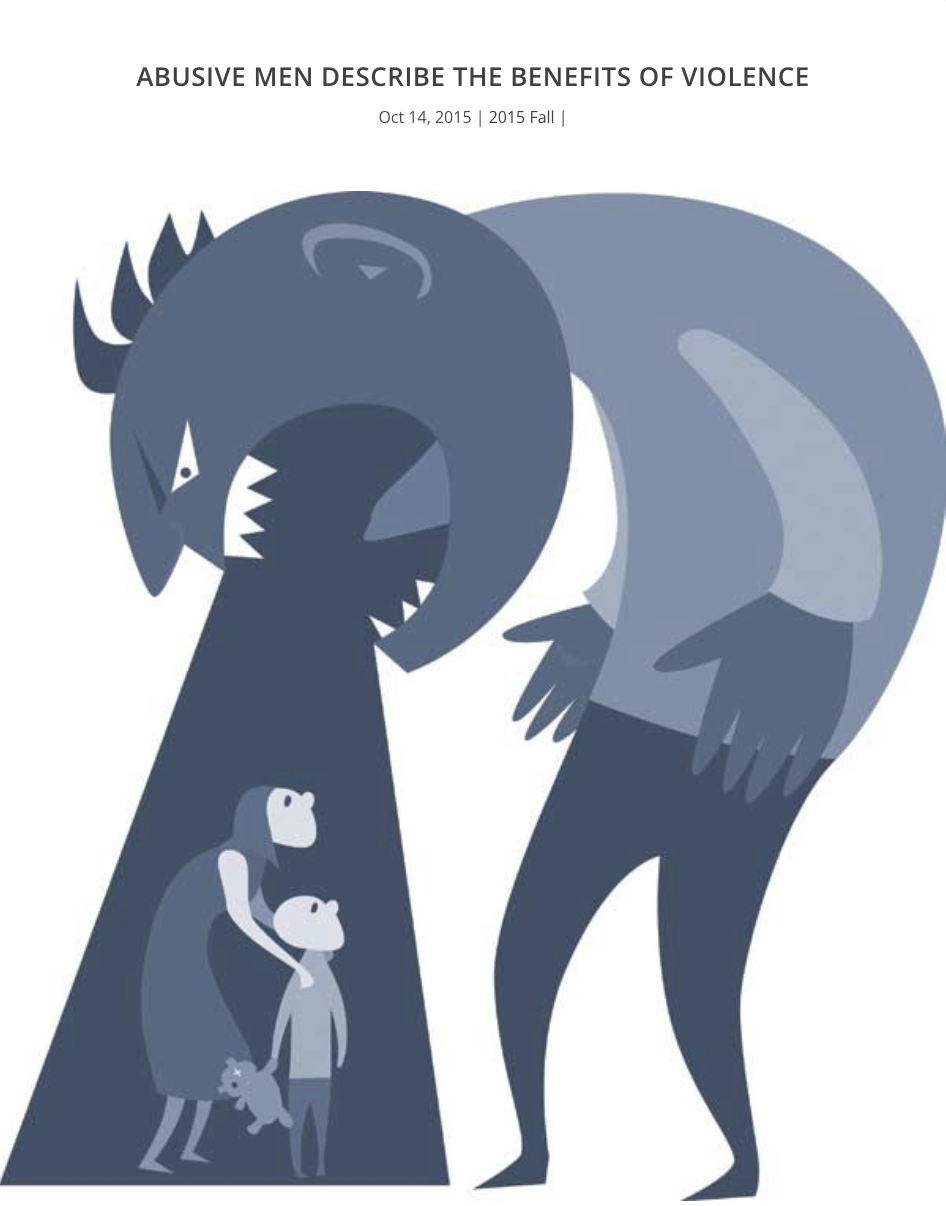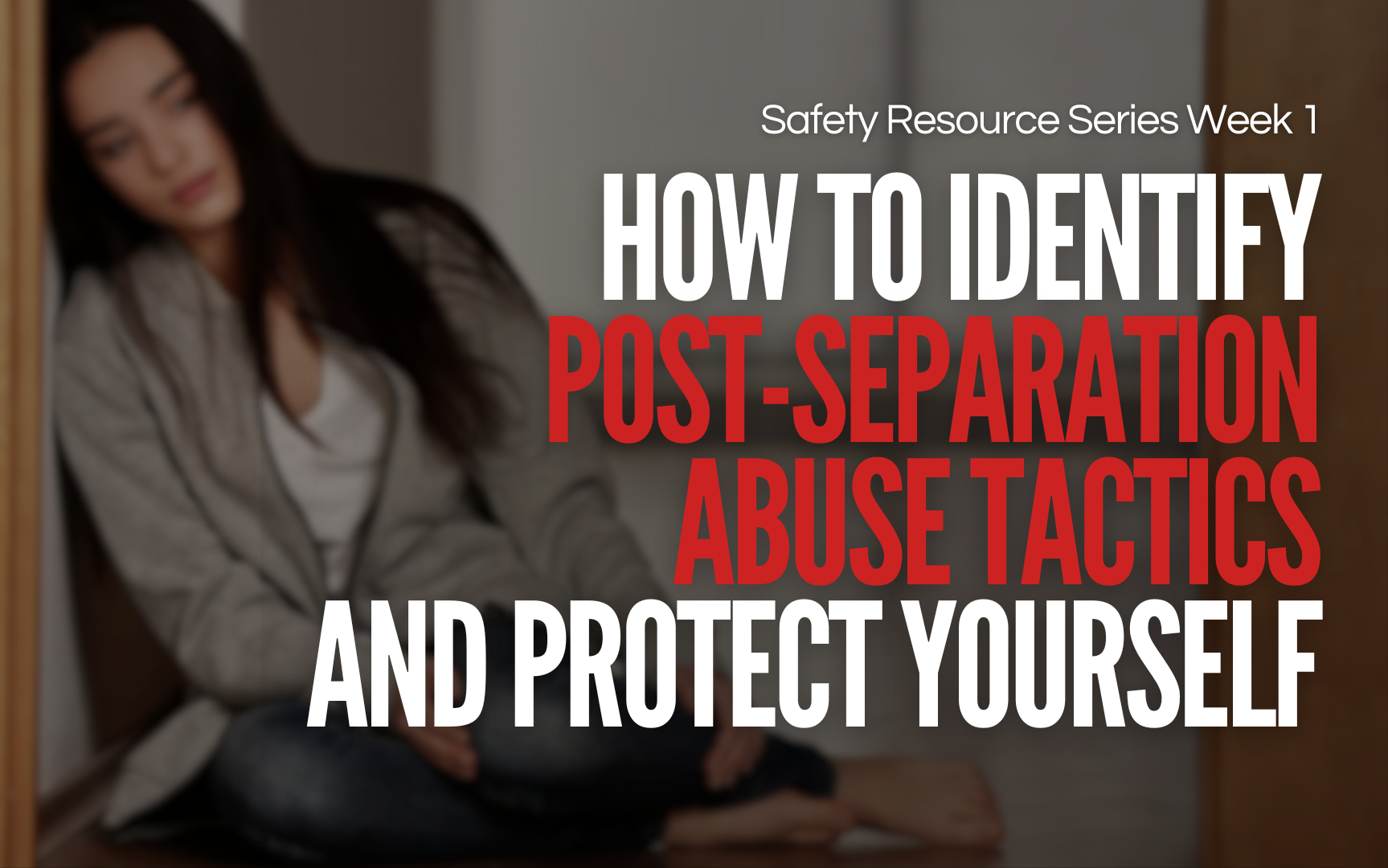I’m sorry, I promise it won’t happen again!
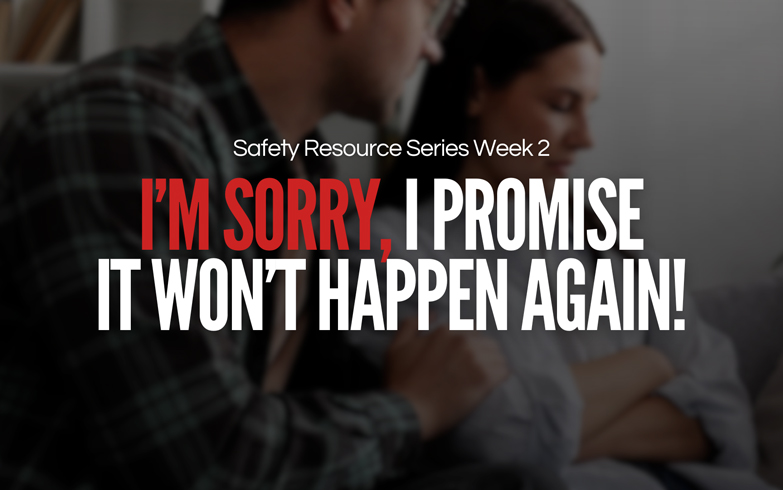
Perhaps your partner yelled insults at you, or maybe they pushed you when they were drunk or high and later apologized. What if they promise it will never happen again?
Or maybe you found out that your partner used to harass their ex-girlfriend at work. However, they say it was because she was “crazy,” made “everything” up, and since you’re “different,” there’s nothing to worry about.
How can you be sure that the abusive behavior won’t happen again?
These are questions that many victims of abuse wrestle with, caught in the tangled web of love, hope, and fear. It’s not uncommon for abusers to offer apologies, promises, and excuses in the aftermath of their actions. They may beg for forgiveness, swear to change, and plead for one more chance.
The truth is abuse does not tend to be an isolated incident, and it’s uncommon for someone with a history of abuse towards you or previous relationships to never repeat it. Often, these are warning signs of escalating abuse, which may start with coercion, intimidation, and emotional abuse before ultimately leading to physical abuse.
If your partner has a history of abusive behavior, whether physical, verbal, emotional, or psychological, it’s important to approach their apologies with caution.
So, does this mean they can’t change?
Change is possible; however, it’s not a quick fix and will require a lot of work and professional support. Regardless, it’s not your responsibility to stay while the abuser works on their behaviour and takes responsibility for their actions. Remember, you did not cause this behaviour, and it’s important to prioritize yourself.
However, if you are unsure whether or not they have changed, here are some indicators to consider:
Are they attending regular counseling sessions?
Couples counseling does not count, as this is an issue with the individual and not the relationship. In fact, if your partner insists on couples counseling to address their abusive behavior, it may be a red flag, as they are not taking sole responsibility for their actions but rather sharing the burden.
Abuse is a choice and not a mental illness, and it requires more than just counseling.
It’s recommended that abusers seeking to change their behaviour attend rehabilitation programs such as batterer intervention programs.
Do they take responsibility?
Have they fully acknowledged and taken responsibility for their actions toward you or their other victims? Do they badmouth their previous victims and shift blame onto others or try to justify their actions by saying things like “My ex was always starting drama” or “they made me act like that”?
Are they hypersensitive to criticism?
Pay attention to how they react when you offer advice or point out a mistake. If they become angry or blow up at you, making you feel scared to voice your grievances, then it’s safe to say they are still exhibiting abusive behaviors.
Keep in mind, abusers might alter their abusive patterns, and time alone isn’t sufficient to ascertain whether they have genuinely transformed.
My partner hasn’t physically abused me, but their behaviour towards me can be very toxic.
Often, abusers tend to escalate from toxic behaviours to abusive behaviours, which can also include coercive control, verbal, emotional, or sexual abuse. Sometimes, early in the relationship, these may be hard to identify regardless of the severity of abuse.
Here are some red flags that indicate the abuse continues and is likely escalating:
If your partner downplays the severity of their actions or shifts blame onto external factors or you, it may indicate a lack of genuine accountability.
If your partner apologizes followed by a recurrence of abusive behavior, it suggests a pattern of manipulation and control rather than sincere remorse.
If they are dismissing your concerns, denying the reality of past abuse, or attempting to rewrite history are all forms of gaslighting, which can further erode your sense of self and undermine your trust in your own perceptions.
If they speak words without meaningful actions to address the root causes of the abusive behavior, such as seeking therapy, attending anger management classes, or joining a support group, it’s unlikely to lead to lasting change.
If they are trying to control different aspects of your life like how you dress, who you can socialize with, or controlling your money.
If they threaten to physically harm you or your children.
If they try to isolate, you from your family and friends by damaging those relationships to be the sole influence in your life.
16 Myths about Abusive Partners
- He’s mentally ill
- He misuses alcohol and or other substances
- He was abused as a child
- He has poor communication skills
- He just loses it; he can’t help himself
- He has trust and or intimacy issues and afraid of abandonment
- He has anger issues
- His previous partner hurt him, he’s still wounded by her
- He doesn’t know how to express his feelings
- He’s an alpha male, a macho, so he’s aggressive by nature
- You always hurt the one you love the most
- He has a horrible boss who is trying to keep him down
- He doesn’t know the rules in Canada
- He’s being emasculated in the world or he’s a victim racism, and/or poverty, and/or his immigration status or other discrimination
- Women are as abusive as any abusive man
- He has low self esteem
Okay, I think I need help!
It’s crucial to prioritize your safety and well-being above all else. Remember, it’s not your fault, and you do not deserve to be mistreated.
Here are some pointers for leaving and healing from an abusive relationship:
Prioritize your health by scheduling an appointment with a medical professional to assess your physical health. Abuse can have physical impacts on your overall well-being, as well as your mental health.
Come to terms with what cannot be changed. It’s not your responsibility to help your abusive partner “fix” or “change” their behaviour, and remember, being abusive is a choice, not a mental illness.
Reach out to your support system and inform them of what’s been happening. Build a safe network for yourself, as this journey will be difficult.
Limit or cut off communication with your abuser. This will help maintain healthy boundaries and reduce the likelihood of being guilted or manipulated into returning to the relationship
Most importantly, seek professional help for safety planning, counseling, and other supports to help you reach safety.
You are not alone.
If you or someone you love is in need of support, please contact the Battered Women Support Services at Crisis Line:
Call toll-free: 1-855-687-1868
Metro Vancouver: 604-687-1867

